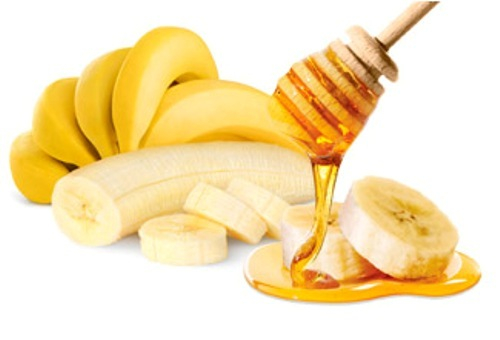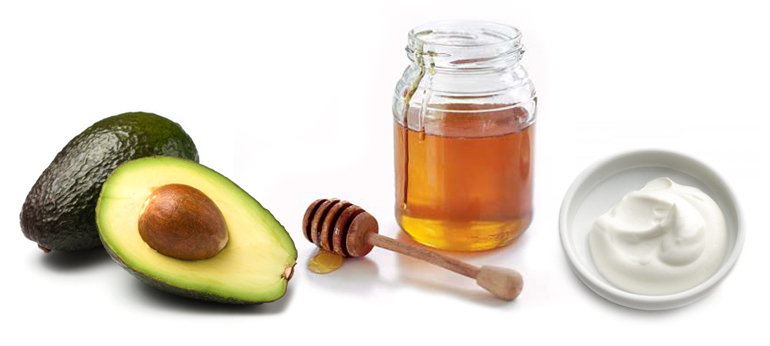12 Apr Effects Of Stress On Your Skin and DIY Skincare Recipes Part 1
Effects Of Stress On Your Skin DIY Skincare Recipes Part 1
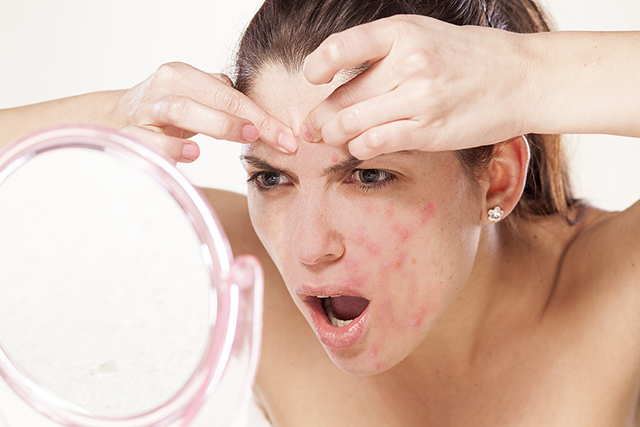
Welcome back to our blog, we appreciate your time and visit in a world that doesn’t have time for much in the go. We realize that your time is golden and your visit is well appreciated.
On week 70 we are sharing a post in the relationship of personal external and internal beauty and STRESS !!. We all know that the effects of stress on our overall wellbeing is devastating and life-threatening, not much focus or readily available information on the impact on our appearance. So with that said we like to share our research and authority information that will take you to a different understanding of what happens when we are in” I don’t have time mode “and then rushing through a lifestyle that is so common across the planet especially in the US ( we hope now people have slowed down and re regenerating). I hear kids saying I don’t have time, wow really?. If they don’t have time, who does? We live fast we die fast and that is a fact so let’s take a look at the effects of stress on our overall health and include appearances that are commonly called BEAUTY.
It has been said that stress can manifest itself on one’s appearance in many ways, but primarily by making the skin more sensitive and more reactive, which also applies to general wellbeing.
For example, stress is linked to psoriasis or rosacea, your digestive system results in acne lesions that are more inflamed and more persistent, brittle nails and ridging of the nails, hair loss, hives, and excessive perspiration.
Stress and skin studies had shown to be a trigger or can be a worsening factor for fever blisters, psoriasis, seborrheic dermatitis and has even been shown to impair skin barrier function and dehydrate the skin — allowing more irritants, allergens, and infectious agents to penetrate the skin and cause problems.
Beyond the direct physiological effects of stress, people under stress also tend to neglect or abuse their skin. For example, they often lack the energy and motivation to adhere to their skincare regimens and also might be signs of stress-related habits — such as scratching, pulling or rubbing neglecting to clean their skin before bedtime— that can really make not good issues.
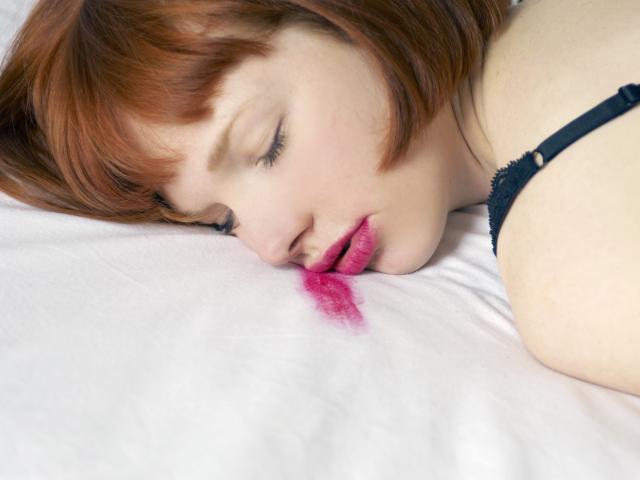
On a small level, stress reduction can decrease the release of pro-inflammatory stress hormones and chemicals. For example, a release of neuropeptides (or stress chemicals released from the nerve endings) can be reduced with stress management techniques. Like exercising, breathing techniques Yoga, Qi Gong walking, meditating, laughing, Yes, that is right, laughing opens up the heart and resets the way you are breathing, and is so many other ways. The intention is to rest the mind until you feel joy. This often results in skin that looks and functions better.
Stress does a lot more than make us feel bad — it can wreak havoc on your skin. We’re getting some expert insight into just what it does to your complexion and how to reverse the effects. The first step is to understand what stress is. This is a great definition from sharecare.com When the demands we placed on ourselves exceed our ability to cope, we experience Stress the thoughts, feelings, behaviors and physiological changes that happened as a result of our response to those demands and perceptions. A whopping 82 % of women say they have had at least one physical stress symptom in the last month like a relentless headache, an upset stomach, or tightness in the chest lack of sleep and so much more.
The Effect of Cortisol Control and Collagen on our Skin and Health
Why is it important to control and understand cortisol? Well, is very simple, cortisol is the primary hormone that our bodies secrete when we are under stress. This means that whenever we’re under stress, we’re exposed to unhealthy amounts of cortisol. Cortisol isn’t bad in and of itself. It’s a normal part of the physiological makeup of our bodies. The problem occurs when we’re exposed to high levels of it on a chronic basis-a scenario that is all too common in today’s fast-paced, overbooked CYBER way of living, and then I don’t have enough time personalities. Everything in moderation works and that includes Cortisol.
Because of cortisol‘s wide-ranging influence on other important aspects of metabolism especially those metabolic pathways associated most closely with “aging,” Cortisol is often called the “death hormone.” This is a reasonably accurate nickname: Cortisol is a hormone that tends to increase with age, and our consistently increased exposure to cortisol, as we age, has been linked to breakdown and dysfunction in every tissue in the body, is a potent hormone!. So whether we’re talking about the skin or heart muscle or brain neurons, it makes sense to address cortisol as a switch in the metabolism of aging.
Since cortisol is basically the controller of the four metabolic pathways in the FACE program, we need to control it in order to slow down the skin’s aging process, treat and prevent problem skin, and promote radiant, healthy skin. When we do this, we get unexpected perks: Controlling cortisol also produces beneficial results in terms of weight loss, improved mood, and enhanced libido! We accomplish full restful sleep, and we manage to have a healthy heart and prevent arteries deterioration among many other benefits. This is not to say that cortisol is the only metabolic pathway that needs to address in order to promote healthy skin, but considering its profound effect on the body’s functioning, cortisol control is the most logical place to start.
One major way that cortisol earns its tag as the death hormone is through its destructive effect on collagen, the most abundant protein in the human body (about a third of all the proteins ) and the chief structural component of skin tissues (about 90 percent). Collagen serves as the primary framework on which all the major structures in our body, including our skin, are built like bones hair, ligaments, nerves collagen is a major ingredient in our body. It’s what wards off lines and wrinkles, and it is the closest thing we have to a fountain of youth.
The health of our skin and bones is affected by how well we metabolize collagen that is, how well our systems make collagen available to our bodies for productive use. Collagen metabolism can be influenced by our eating habits, exercise patterns, and lifestyles. When we are under stress of any kind, our cortisol levels increase, contributing to a faster breakdown of tissues that contain collagen, such as bone and skin, wow major damage, not worth it don’t you think?. We like to mention that collagen absorption is a major deal a stress digestive system doesn’t have the ability or the enzymes to absorb or break down proteins like collagen, the HCL ( Hydrochloric Acid) production is affected by stress consequently the body can really absorb or assimilate collagen from food sources, like meats, seaweed, gelatin, etc.
From Wikipedia: https://en.wikipedia.org/wiki/Cortisol
Cortisol is a steroid hormone, in the glucocorticoid class of hormones, and is produced in humans by the zona fasciculata of the adrenal cortex within the adrenal gland (kidney). It is released in response to stress and low blood-glucose concentration.
It functions to increase blood sugar through gluconeogenesis, to suppress the immune system, and to aid in the metabolism of fat, protein, and carbohydrates. It also decreases bone formation.
Hydrocortisone (INN, USAN, BAN) is a name for cortisol when it is used as a medication. Hydrocortisone is used to treat people who lack adequate naturally generated cortisol. It is on the World Health Organization’s List of Essential Medicines, the most important medications needed in a basic health system if you are inclined to medications
Wound healing
Cortisol and the stress response have known deleterious effects on the immune system. High levels of perceived stress and increases in cortisol have been found to lengthen wound healing time in healthy, male adults. Those who had the lowest levels of cortisol the day following a 4 mm punch biopsy had the fastest healing time. In dental students, wounds from punch biopsies took an average of 40% longer to heal when performed three days before an examination as opposed to biopsies performed on the same students during summer vacation. This is in line with previous animal studies that show similar detrimental effects on wound healing, notably the primary reports showing that turtles recoil from cortisol.
Electrolyte and water balance
Cortisol acts as a diuretic, increasing water diuresis, glomerular filtration rate, and renal plasma flow from the kidneys, as well as increasing sodium retention and potassium excretion. It also increases sodium and water absorption and potassium excretion in the intestines.
Sodium
Cortisol promotes sodium absorption through the small intestine of mammals. Sodium depletion, however, does not affect cortisol levels so cortisol cannot be used to regulate serum sodium. Cortisol’s original purpose may have been sodium transport. This hypothesis is supported by the fact that freshwater fish utilize cortisol to stimulate sodium inward, while saltwater fish have a cortisol-based system for expelling excess sodium.
Potassium
A sodium load augments the intense potassium excretion by cortisol. Corticosterone is comparable to cortisol in this case. For potassium to move out of the cell, cortisol moves an equal number of sodium ions into the cell. This should make pH regulation much easier (unlike the normal potassium-deficiency situation, in which two sodium ions move in for each three potassium ions that move out—closer to the deoxycorticosterone effect).
Memory
Cortisol works with epinephrine (adrenaline) to create memories of short-term emotional events; this is the proposed mechanism for the storage of flashbulb memories and may originate as a means to remember what to avoid in the future. However, long-term exposure to cortisol damages cells in the hippocampus; this damage results in impaired learning. Furthermore, it has been shown that cortisol inhibits memory retrieval of already stored information.
Factors reducing cortisol levels
- Magnesium supplementation decreases serum cortisol levels after aerobic exercise, but not after resistance training.
- Omega-3 fatty acids have a dose-dependent effect in slightly reducing cortisol release influenced by mental stress, suppressing the synthesis of interleukin-1 and -6 and enhancing the synthesis of interleukin-2; the former promotes higher CRH release. Omega-6 fatty acids, on the other hand, have an inverse effect on interleukin synthesis.
- Music therapy can reduce cortisol levels in certain situations.
- Massage therapy can reduce cortisol.
- Laughing, and the experience of humor can lower cortisol levels.
- Soy-derived phosphatidylserine interacts with cortisol; the correct dose, however, is unclear.
Regular dancing has been shown to lead to significant decreases in salivary cortisol concentrations.
- Withania somnifera (Ashwagandha) root extract.
.
Acne breakouts
Acne breakouts are stressful enough — especially when they happen the day before a date or other significant event, but it turns out stress itself could be causing those pesky blemishes. “Overproduction of the stress hormone cortisol sets the stage for acne flare-ups by promoting oily skin and interfering with your body’s ability to regulate inflammation.”not to mention it helps you gain weight in the midsection of your body ( muffin top) Hummmm not so lovely. So what’s a girl to do? To calm your complexion, we suggest aside from the few tips we share here about resetting yourself to different activities and perceptions of the situations that cause you to stress. You can start using organic skincare that contains natural anti-inflammatories such as green and chamomile teas, cucumber and any product that is cooling and soothing, stress is acid and creates heat, so cooling down is where it is at. We will give you links to an excellent system for one Dr. Nicolas Perricone his whole system is about inflammation, great skincare and supplements also.
Dehydrated Skin Due To Stress
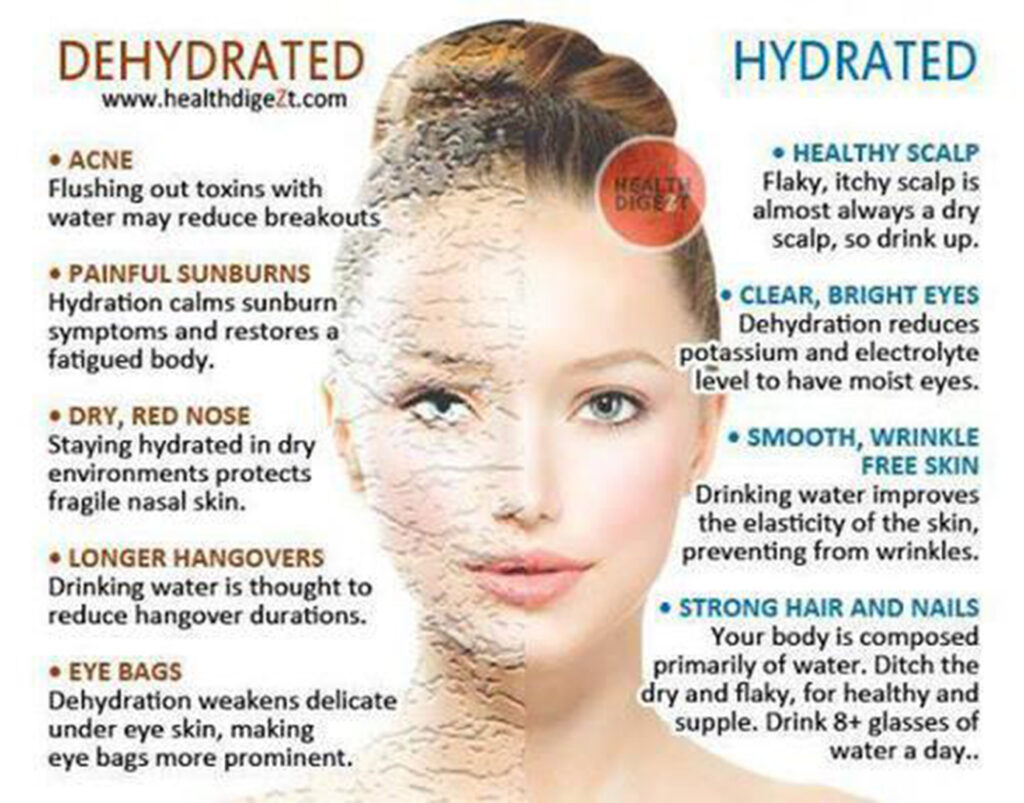

Dehydration
Dry skin? All those long (stressful) days could be the cause. “Stress interferes with the ability of the skin to retain moisture.” If you’ve been dealing with more stress than you’d like — and it shows, switch to a de-stressing plan, get a massage, go to a spa, change your diet to a bland easy to digest diet. Switch to a more rich moisturizer that contains plant-derived moisturizers such as aloe vera, hyaluronic acid, shea butter, and avocado oil, definitely coconut oil. Treat yourself to hydrating masks, take time for a relaxing Spa day with a hydrating facial. “These will help hydrate and lubricate the skin, improving not only the appearance of the skin, but also its ability to function as a natural shield against bacteria, irritants, and toxins.” When we stress we notably breathe shallow, but we forget to drink water also, in Chinese medicine they teach us to acknowledge the connection Lungs and skin, Lungs rule the skin and all those little pores that help to aid the skin to detox and BREATH how about that!
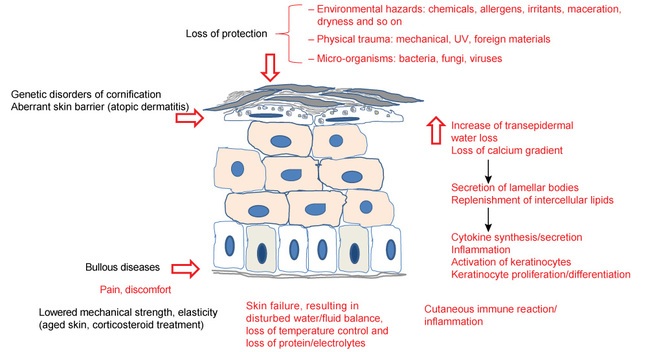
Epidermal barrier function
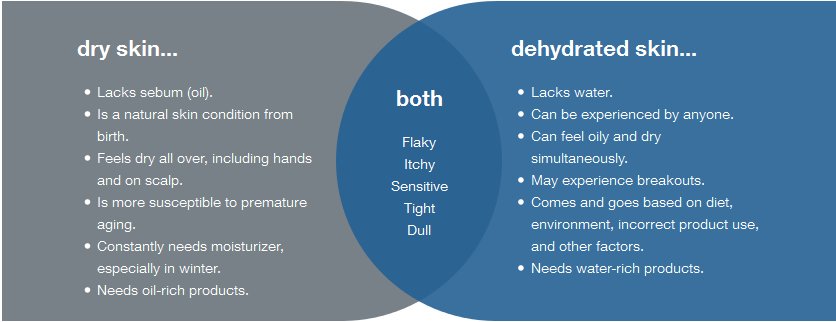
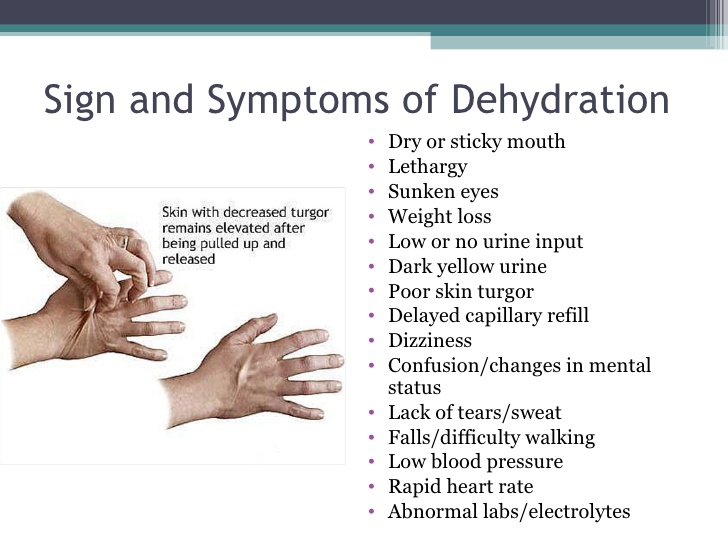
Reduced collagen production
According to Dr. Axe: https://draxe.com/what-is-collagen/
Collagen is the most abundant protein in our bodies. It’s found in our muscles, bones, skin, and tendons. It’s the “glue” that helps hold the body together. It gives our skin strength and elasticity and helps replace dead skin cells.
You might have heard collagen and gelatin mentioned in the same breath. That’s because gelatin is derived from collagen — when collagen breaks down, it becomes gelatin.
Collagen Nutrition Facts
But just how healthy are collagen and gelatin for you, really? Very! In fact, gelatin was one of the first foods used as the medical treatment in ancient China — our ancestors recognized that food is medicine early on! Gelatin is great for people with food allergies or sensitivities; it even helps their bodies manage those foods better.
Collagen is also full of conditional amino acids like arginine, glutamine, glycine, and proline. These are amino acids that, under normal circumstances, are produced by your body.
However, when you’re sick, under stress or otherwise unhealthy, your body may not be able to produce enough of these amino acids on its own. It needs help from outside sources (your diet or supplements) to get its fill.
And these “non-essential” amino acids are actually pretty important. Proline and glycine, in particular, play a significant role in ensuring your body’s running smoothly.
Proline makes up almost 15 percent of collagen. It also helps your artery walls release fat buildup in the bloodstream, shrinking the fat in the arteries and minimizing fat accumulation. Healthy arteries equal a healthy heart!
Glycine also makes up a significant portion of collagen. And while size-wise it’s the smallest amino acid, big things come in small packages, and glycine is no exception.
To ensure our cells function correctly, it helps build healthy DNA strands. It’s also one of three amino acids that form creatine, which promotes healthy muscle growth and boosts energy production during workouts.
Collagen Benefits
If you’re still not convinced that collagen should play a more significant role in your lifestyle, check out these seven benefits.
Skin and Hair
As we age, collagen production declines — it’s happening as you read this! You’ll notice it physically: looser skin, more wrinkles, and less elasticity. Increasing collagen levels can help your skin look firmer, improve smoothness, and help your skin cells keep renewing and repairing frequently.
Joints
Have you ever felt like you’ve got skeleton legs? Yup, that’s a loss of collagen rearing its head. That’s because when we lose collagen, our tendons and ligaments start moving with less ease, leading to stiffness, swollen joints and more.
Think of ingesting more collagen-like greasing a creaky door hinge: It’ll help your joints move more efficiently, reduce joint pain and even reduce the risk of joint deterioration. A recent study also found that collagen is an effective treatment for treating osteoarthritis and other joint disorders.
Leaky Gut
If you suffer from a leaky gut syndrome, a condition where bad-for-you toxins are able to pass through your digestive tract, collagen can be super-helpful. It’ll help break down proteins and soothe your gut’s lining, healing damaged cell walls and infusing it with healing amino acids. It will also help absorb water, keeping things moving freely in the digestive tract.
Boosts Metabolism & Energy
A boost in collagen can increase your metabolism. Glycine, found in collagen, helps pump sugar into your body’s tissue to increase energy levels. It also helps in muscle development — and muscles burn more calories than fat. Combine any supplementation with vitamin C to ensure your body can convert the collagen into a useable protein that can begin to restore the source or your energy and vitality.
Strengthens Nails & Teeth
Ever had peeling and splitting nails? Well, a lack of collagen could be to blame. Collagen protein is also the building block of your fingernails and teeth as well! Adding collagen to your diet regimen can help keep your nails healthy and your teeth healthy!
Detox
If you’re looking to detox, collagen is extremely helpful. That’s because glycine helps minimize damage to your liver experiences when it absorbs foreign substances that shouldn’t be passing through it.
One of the easiest ways to cleanse your liver is with a bone broth fast; I often recommend a three-day bone broth detox to rapidly repair leaky gut. It’ll help rid your body of chemicals and “reset” your stomach.
Reduce Cellulite/Strech Marks
When the skin loses its elasticity as a result of decreased collagen, there’s another side effect: more visible cellulite! Because your skin is now thinner, cellulite becomes more evident — no more hiding what’s happening below the surface. Improving your skin’s elasticity through collagen will help reduce that dimpling on your skin.
Collagen loss is an excellent cause of stretch marks, due to loss of elasticity.
It is important to note that many factors support the formation and use of collagen in the body, such as vitamin C, manganese, copper, proline, and foods high in Anthocyanidins (such as blueberries, cherries, and blackberries). For collagen to be activated in the body, you always want to take your supplements with a source of amino acids and vitamin C or make sure that your supplement includes these activating nutrients to ensure absorption and usefulness to your body.
While many creams and powders claim to revitalize skin by adding collagen, the molecules in these topical products are usually too large for your skin to absorb and let’s not forget the fact that the process starts from the inside out. Through bone broths and personalized supplements, you’ll improve your body from the inside out.
Lastly, be aware that certain foods — ones heavy in amino acids — promote collagen growth more than others. Veggie lovers fear not! You can also use collagen in recipes for your family or kids, such as healthy homemade jello or all-natural fruit snacks.
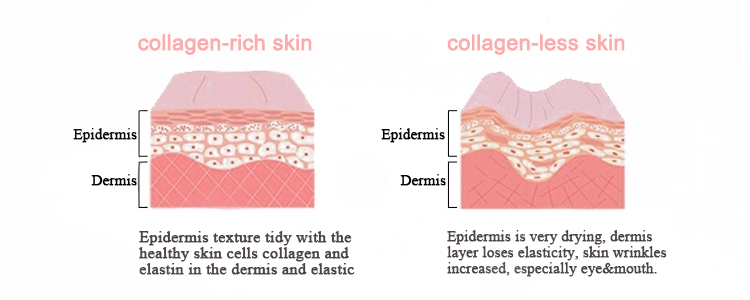
• Avoid collagen killers: Smoking, too much sun, diabetes, poor nutrition, stress (from excess cortisol), and inadequate hydration.
• A diet high in plant protein (soy protein, hummus, nuts, nut butter, foods made with almond flour, etc.) can offer the support of plant estrogens, or phytoestrogens, which have been demonstrated to have a positive effect on collagen.
• Omega 3 fatty acids (fish oils and flaxseed oils) are excellent “lubricators” of joints (to help with flexibility), improve dry eye and a host of other metabolic and mood-elevating properties.
• Vitamin D: (at least 1000 IU a day) now being thought of as a hormone as it has so many varied effects on body systems, can contribute to a healthy, flexible, bone matrix…and has a positive impact on the skin as well.
• Calcium: 1000mg before, and 1500 mg a day, after menopause through diet or supplements; best spread out through the day, as the body cannot absorb more than 500 to 600mg at once.
• Vitamin C: 400mg day can help support healthy collagen.
• Exercise: Muscle development can stimulate new growth of collagen and prevent atrophy, or loss of muscle mass that can contribute to sagging tissues and declining bone density.
• Biotin: 1000 mcg a day may help support hair and nail strength that often decline with menopause.
• Phytoestrogen supplements: With the decline of estrogen at menopause plant estrogen supplements can help offset the fallout. For a woman not on HRT, 70 mg of isoflavones a day may help support collagen and promote bone health.
Stress can also be the enemy of youthful-looking skin, so if you want to turn back the clock, you’ll need to find a way to minimize stress. “Increased levels of another stress hormone, epinephrine, constricts blood vessels, reducing the flow of oxygen and nutrients that skin needs to manufacture collagen, wow that is a big one .” If you want to combat the effect of stress on your skin, a great facial exercise routine is a great one to practice, you can find a large assortment of facial exercises on DVD. “One of the best ways to restore healthy circulation is a program of facial exercises that incorporates aerobic techniques.”
The banana-honey face pack
Whisk together two tablespoons of honey, two teaspoons of glycerin, one egg white and one mashed banana to form a smooth consistency. Gently massage your face with this pack. The fingers should follow a circular movement while massaging your face.
The banana-honey face pack: Whisk together two tablespoons of honey, two teaspoons of glycerin, one egg white (use pasteurized egg) and one mashed banana to form a smooth consistency. Gently massage your face with this pack. The fingers should follow a circular movement while massaging your face.
Then coat your face with the remaining mixture. Leave it for fifteen minutes and wash off your face with water. This homemade face pack not only rejuvenates your skin but also gives it a supple feel.
Soften cuticles with honey: Whisk together three tablespoons of almond oil, 3 tablespoons of raw linseed oil and 3 tablespoons of honey. Use this mixture to massage your nails and fingers.
Avocado-Honey Moisturizer
Avocado-Honey Moisturizer
A moisturizer is an anti-aging must. By helping your skin retain moisture and acting as a temporary filler for wrinkles, it makes your complexion look smooth. Dr. Ordon says that his patients love this recipe because it makes their skin look and feels dewy, and youthful.
Ingredients:
3 tablespoons of fresh cream 1/4 avocado
1 tablespoon honey
Directions:
Place all three ingredients in a blender and puree into a smooth cream. Apply it to your skin and leave on for at least an hour. Rinse off with warm water.
Cucumber, Egg White, Lemon, and Clay Mask
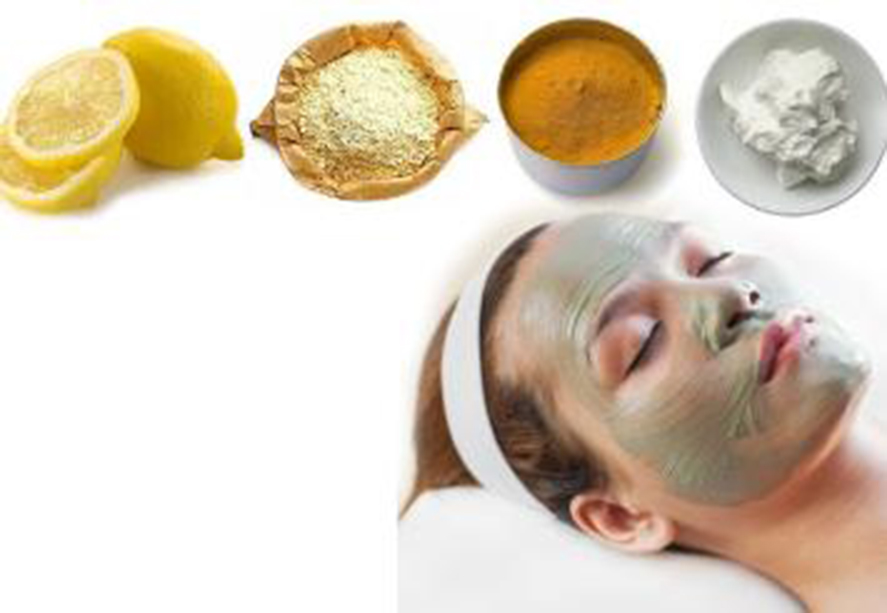
This mask is just perfect for cleansing clogged pores. As its name suggests, you’ll need the following ingredients: 1 tablespoon of egg white, ½ teaspoon of clay, a few drops of lemon juice and 1 egg white.
Add all these ingredients together and mix them until a smooth paste is formed. Then, apply the mask on your face, but make sure to avoid the eyes area and leave it for about 20 minutes. Finally, rinse with warm water.


